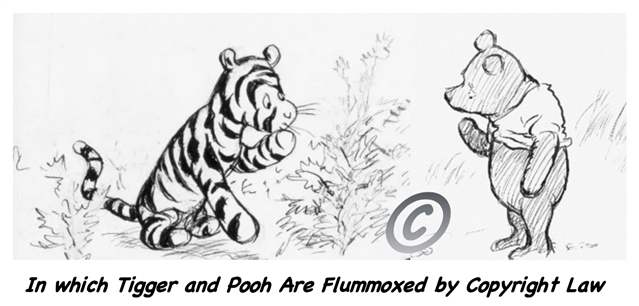Should older or earlier versions of BSI standards be made freely available on the internet?
Consider for example
BS 7430:2011+A1:2015. Code of practice for protective earthing of electrical installations being the current version
BS 7430:1998. Code of practice for earthing Published:15 Nov 1998 • Withdrawn: 31 Dec 2011
Or maybe
BS 7671:2018+A2:2022. Requirements for Electrical Installations. IET Wiring Regulations being the current version
BS 7671:2008+A3:2015. Requirements for Electrical Installations. IET Wiring Regulations Published: 31 Jan 2015 • Withdrawn: 29 Jun 2018
These could be published in a PDF format with a watermark on every page stating that this is not the current or latest version and for the current version can be found on the BSI web site. This then allows people to look at the information from older versions and allow them to use it for research or for study purposes. If you take BS7671 as an example has over 60 Normative References to other BS standards like BS 5839 which in effect is a whole suite of standards. Sometimes people are unsure if that publication will satisfy their requirements.
As a scenario BS7671 makes reference to BS7430 and BS7430 makes reference to BS7671
As always please be polite and respectful in this purely academic debate. The concept of this idea is to help educate future generations of engineers by allowing them to access historical information from past achievements and standards.
Come on everybody lets help inspire the future.
